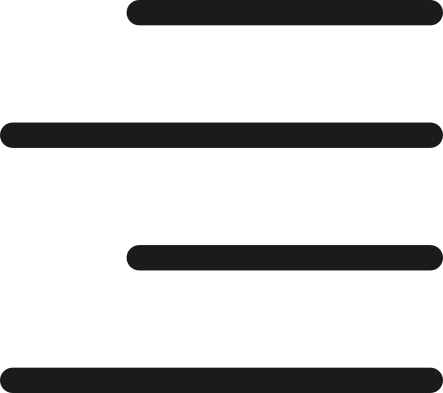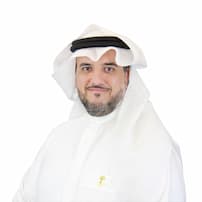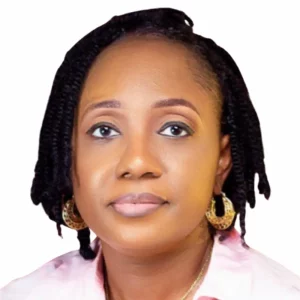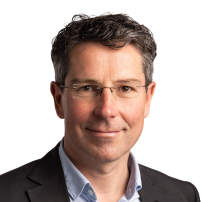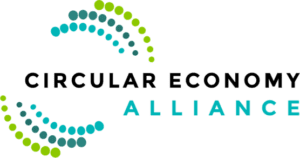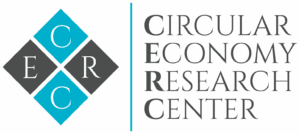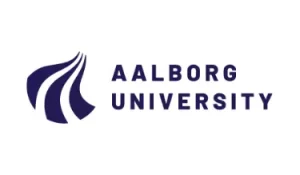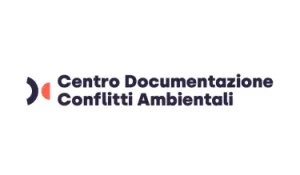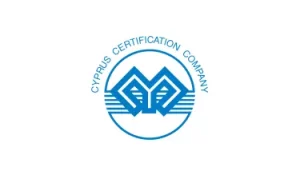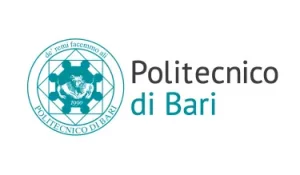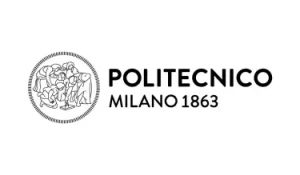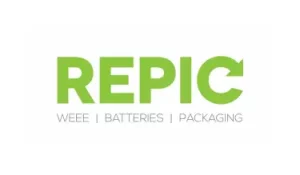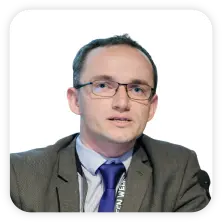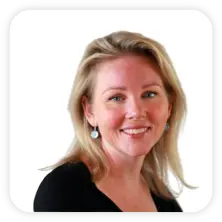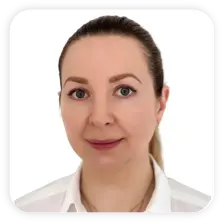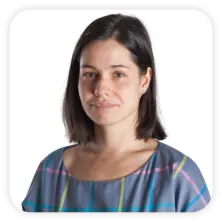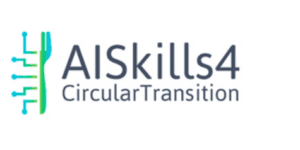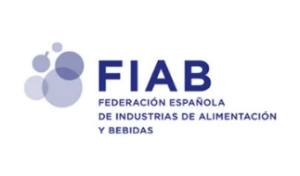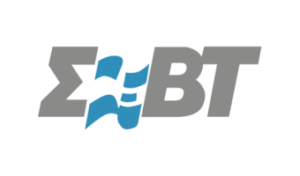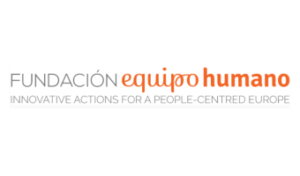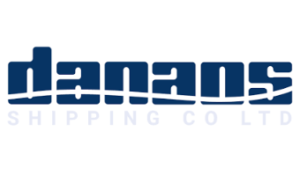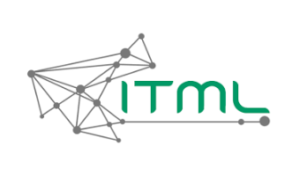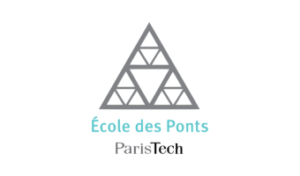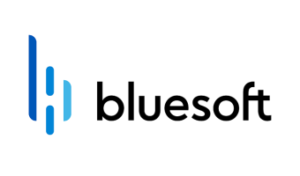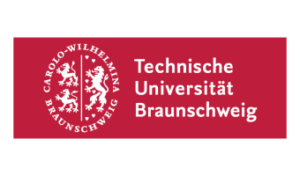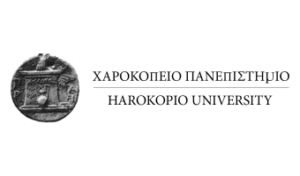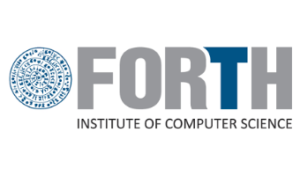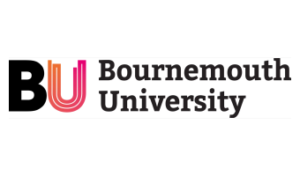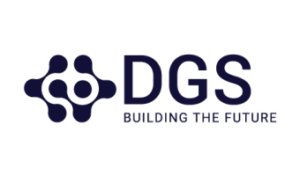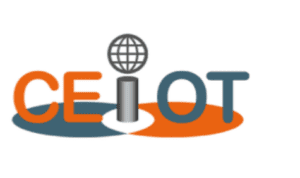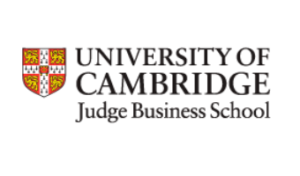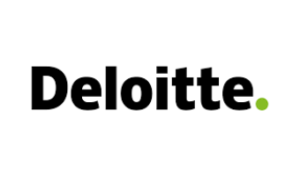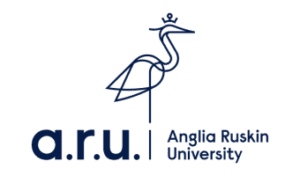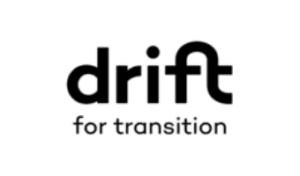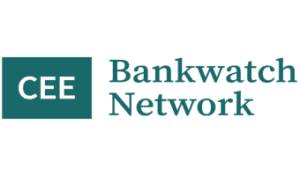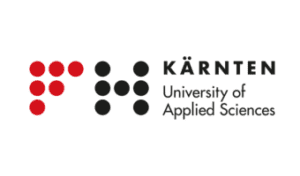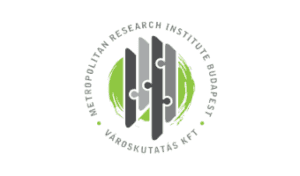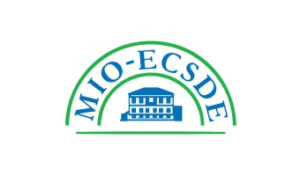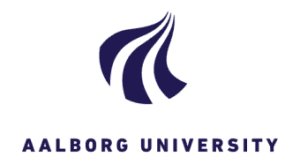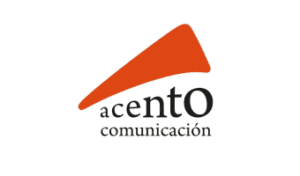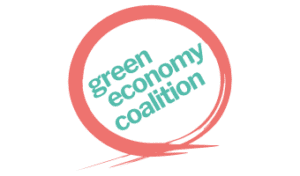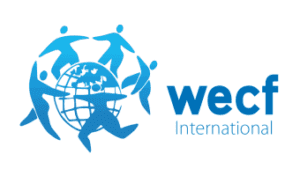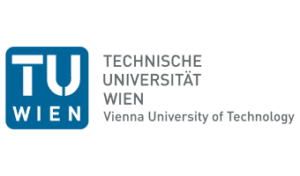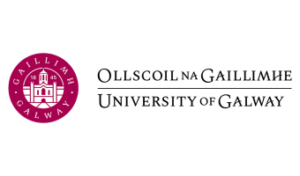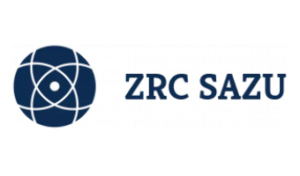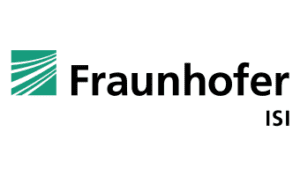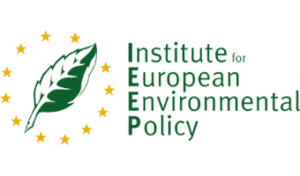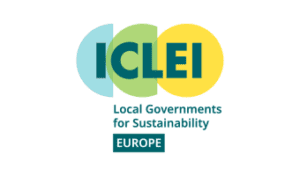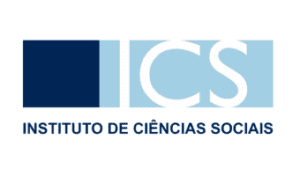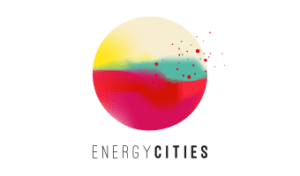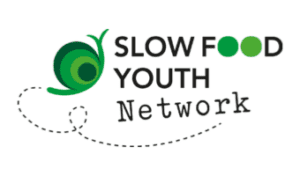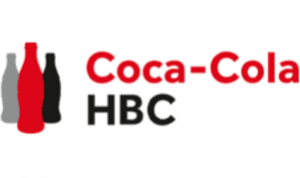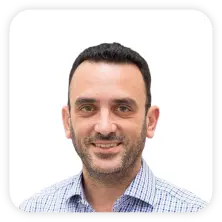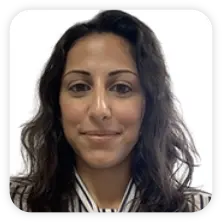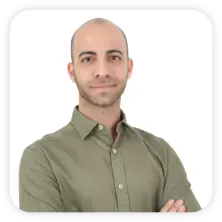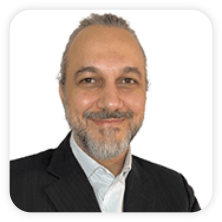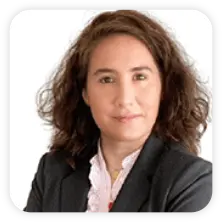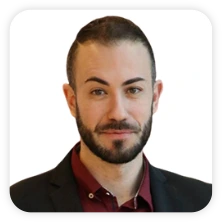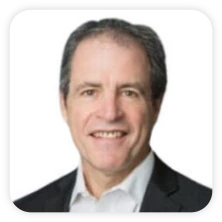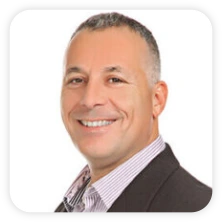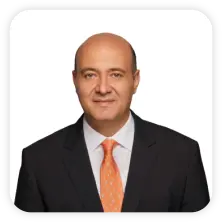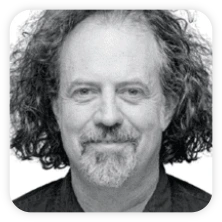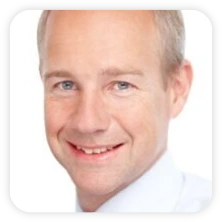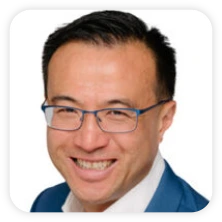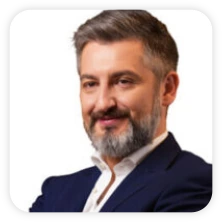A bold new approach to solving interconnected global crises
Time is running out to avoid catastrophic climate change
The climate crisis; biodiversity loss; chemical pollution; these growing threats to the long-term survival of life on Earth have one common cause: our economy. They are the consequences of how we’ve designed, manufactured, and disposed of the goods we use every day. These issues are interconnected and ultimately caused by outdated economic practices and theories. To meet the challenges of the 21st century and beyond, we need to change the way we think about the economy.
Ecology becomes embedded in commerce
All unsustainable processes end
Human needs and planetary health are no longer in conflict
The Circular Economy Solution
The seasons. The water cycle. The nitrogen cycle. Nature moves in circles. Natural ecosystems have evolved over eons to create resilient complexity with cyclical material processes.
What if business systems could emulate nature? The earth has had 3.8 billion years of R&D and prototyping to create a near-perfect balance. Its living systems are self-sustaining and regenerative by design.
We believe purpose-built economies can be optimized to more efficiently mimic this perfect design. What’s more, they must. Business-as-usual has led to worsening crises. These challenges may seem intractable, but they’re not. The Circular Economy takes lessons from nature, as revealed by science, finding ways to provide for human needs while minimizing the impact on planetary systems and non-human life.
The Circular Economy Solution
The seasons. The water cycle. The nitrogen cycle. Nature moves in circles. Natural ecosystems have evolved over eons to create resilient complexity with cyclical material processes.
What if business systems could emulate nature? The earth has had 3.8 billion years of R&D and prototyping to create a near-perfect balance. Its living systems are self-sustaining and regenerative by design.
We believe purpose-built economies can be optimized to more efficiently mimic this perfect design. What’s more, they must. Business-as-usual has led to worsening crises. These challenges may seem intractable, but they’re not. The Circular Economy takes lessons from nature, as revealed by science, finding ways to provide for human needs while minimizing the impact on planetary systems and non-human life.
The 8 Rs of The Circular Economy
Reduce
In a Circular Economy, less is more. We need intelligent ways to reduce waste, energy demand, and consumption.
Re-use
From clothing to computer hardware, we’re often encouraged to throw away old items and purchase new ones. A Circular Economy seeks to make it easy for useful goods to find new owners.
Refurbish
A little bit of work can breathe new life into older items. Quality maintains value. We believe like new is just as good as new.
Retrieve
We lose millions of tonnes of valuable materials each year to landfill. Diverting or reclaiming these materials should be common sense and inexpensive.
Recycle
Some materials can be recycled indefinitely. Some, like most plastics, cannot. We envision a world where materials stay equally useful or increase in quality (up-cycling) over time.
Repair
Have you ever had your TV repaired? Often it’s cheaper to buy a new one. Think about how deeply wrong that is. All items should be repairable. And it should never be forbidden to repair your own property.
Re-skill
A well-educated population innovates and thrives. But why should knowledge stop in your 20’s? People need to be able to adapt to the demands of the future. That means making learning accessible at any age.
Rethink Redesign
Beyond the company they work for, designers have a responsibility to their users and to the planet they live on. Ideally, products are designed to last, be repaired and upgraded, and have a sustainable plan for the end of product and material lifecycles.
Education, training, upskilling and reskilling accelerate our transition toward a Circular Economy
The urgent of the Circular Economy means a total shift in mindset and an accelerated ‘greening’ of education, training, and the way we work. New knowledge will advance innovation, generating circular solutions, and education is our strongest tool in the process to unlock the next stage of human evolution, thinking and invention.
The current way of doing business is unsustainable. That means it will end, one way or another. The best way out is to transition toward the Circular Economy. And it all starts in the mind.
Question Assumptions: So let’s ask: “What if there was no “away” to throw unwanted items into?” “What is the purpose of an economy?” “Are we really apart from nature or are we a part of nature?”
Understanding Shortcomings: The pitfalls in our current economic practices are many. Knowing the “what” only takes you so far. If you want to make real improvements, you need to understand why they exist in the first place.
Create Solutions: This is the exciting part, taking everything you’ve learned and putting it to work in the real world. Real change happens when theory goes into practice. Education empowers you to affect the course of human history.
Education, training, upskilling and reskilling accelerate our transition toward a Circular Economy
The urgent of the Circular Economy means a total shift in mindset and an accelerated ‘greening’ of education, training, and the way we work. New knowledge will advance innovation, generating circular solutions, and education is our strongest tool in the process to unlock the next stage of human evolution, thinking and invention.
The current way of doing business is unsustainable. That means it will end, one way or another. The best way out is to transition toward the Circular Economy. And it all starts in the mind.
Question Assumptions: So let’s ask: “What if there was no “away” to throw unwanted items into?” “What is the purpose of an economy?” “Are we really a part of nature or are we a part of nature?”
Understanding Shortcomings: The pitfalls in our current economic practices are many. Knowing the “what” only takes you so far. If you want to make real improvements, you need to understand why they exist in the first place.
Create Solutions: This is the exciting part, taking everything you’ve learned and putting it to work in the real world. Real change happens when theory goes into practice. Education empowers you to affect the course of human history.
View our courses and certificates
View our courses and certificates
Demonstrate knowledge with Circular Economy Certification
Learn from formative Circular Economy experts from diverse backgrounds and strengths. Earn the trust that comes from completing Professional, Manager, or Specialist certifications with our curriculum of Circular Economy courses. Complete our program online and prove to the world you’ve grasped the details of this emerging field of sustainability and economics.
For individuals and organizations
For mid-career individuals looking to enhance their career or for forward-thinking organizations that want to incorporate Circularity into their business practices, our certification gives you the head start you need to create positive change.
Make a difference
Why study with CEA?
Circular Economy Alliance courses are based on leading-edge research from the world’s brightest academics and thinkers. Learn more about the people behind the mission to accelerate the transition toward a Circular Economy.
Strategic Foresight Board Report
We are proud to launch the second Strategic Foresight Report which serves as an essential guide to navigating the evolving and rapidly changing Landscape. With eyes on the global north and as well the south we dived into comprehensive analysis and dissected trends, uncertainties, and pivotal scenarios shaping our tomorrow. In addition to the major work done on the trends impacting our Organization ( Edu-Tech Industry ), we also looked into trends in the Global horizon.
Strategic Foresight Board Report
We’re proud to launch our first Strategic Foresight Board report, providing insights on current and future trends, diving into key drivers and barriers to the Circular Economy (CE) and exploring how to facilitate dissemination of knowledge in the wider community. The 2023 Report’s main focus areas are: Intelligent Decentralization, the Circunomic theory, and Artificial Intelligence.

